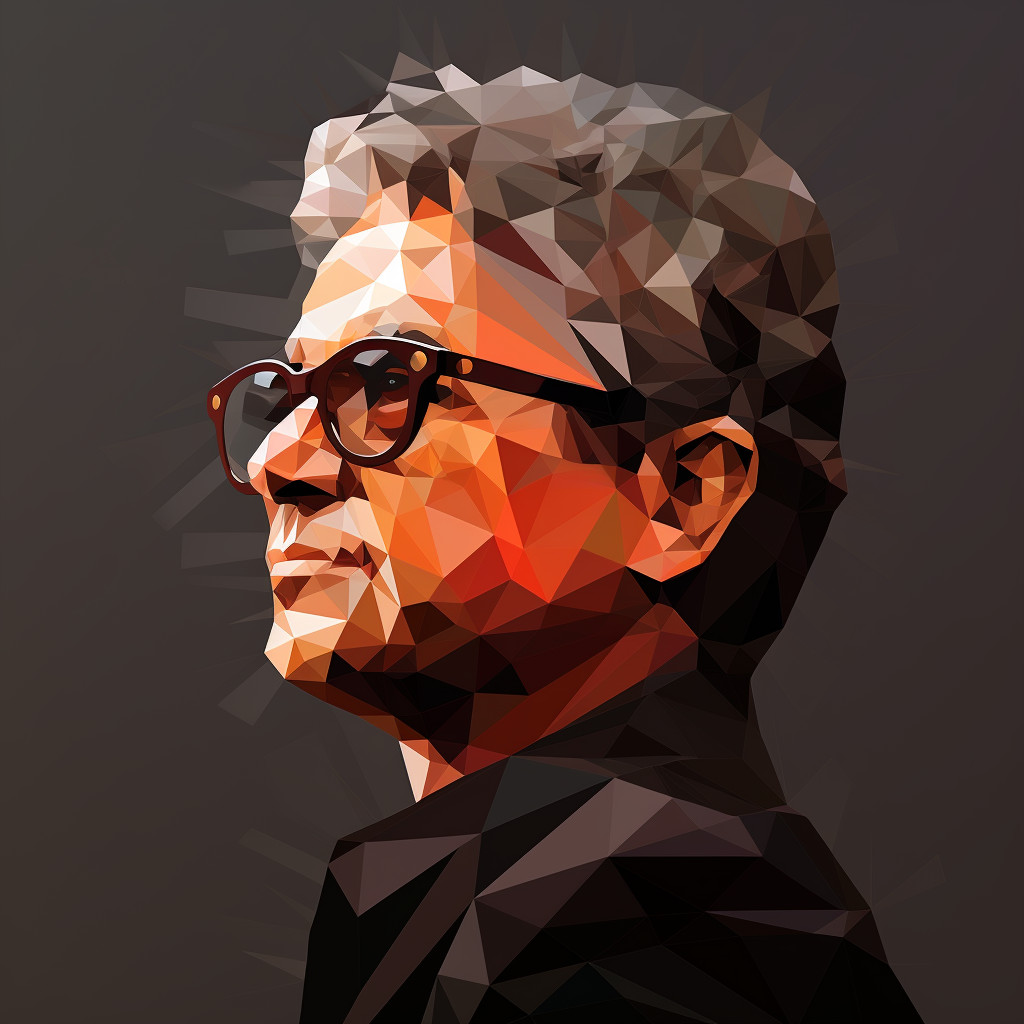This quote suggests that our brains are not the originators of thoughts, but rather the medium through which they are processed. In other words, thoughts are not spontaneously created within our brains, but are shaped and formed through our experiences, perceptions, and interactions with the world around us. These thoughts, in turn, influence the formation and strengthening of neural networks, the intricate web of connections between neurons in our brain.
The idea that thoughts shape neural networks is a fundamental principle of neuroplasticity, the brain’s ability to change and adapt as a result of experience. When we repeatedly think in a certain way or engage in specific behaviors, we strengthen the neural pathways associated with those thoughts or actions, making it easier for our brain to travel along those pathways in the future.
This concept is highly relevant in today’s world, particularly in the realm of personal development. For instance, if you frequently engage in negative self-talk, you are effectively training your brain to default to these thoughts, creating a neural network that supports a negative self-image. Conversely, if you practice positive thinking, you can form new, healthier networks that promote self-confidence and wellbeing.
This understanding of our brain’s adaptability empowers us to consciously shape our thinking patterns and, by extension, our behavior and emotional responses. It underscores the importance of mindfulness and cognitive behavioral techniques, which aim to break the cycle of negative thought patterns and foster a more positive mindset. It also highlights the potential impact of our environment and experiences on our thought processes, emphasizing the importance of cultivating a positive, supportive surroundings.
In a broader societal context, this idea underscores the importance of education and exposure to diverse experiences and perspectives in shaping our thoughts and attitudes. It suggests that by promoting positive, inclusive, and open-minded thinking, we can literally reshape our collective neural networks, fostering a more empathetic and understanding society.





